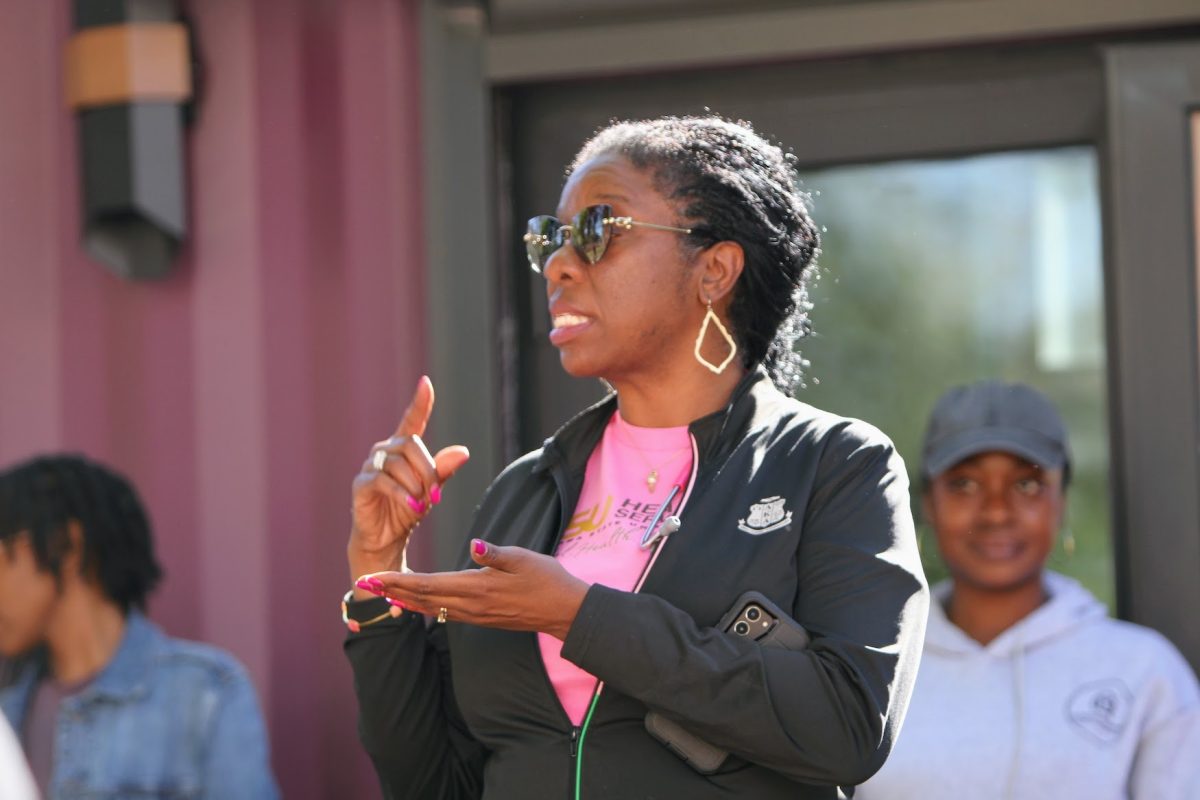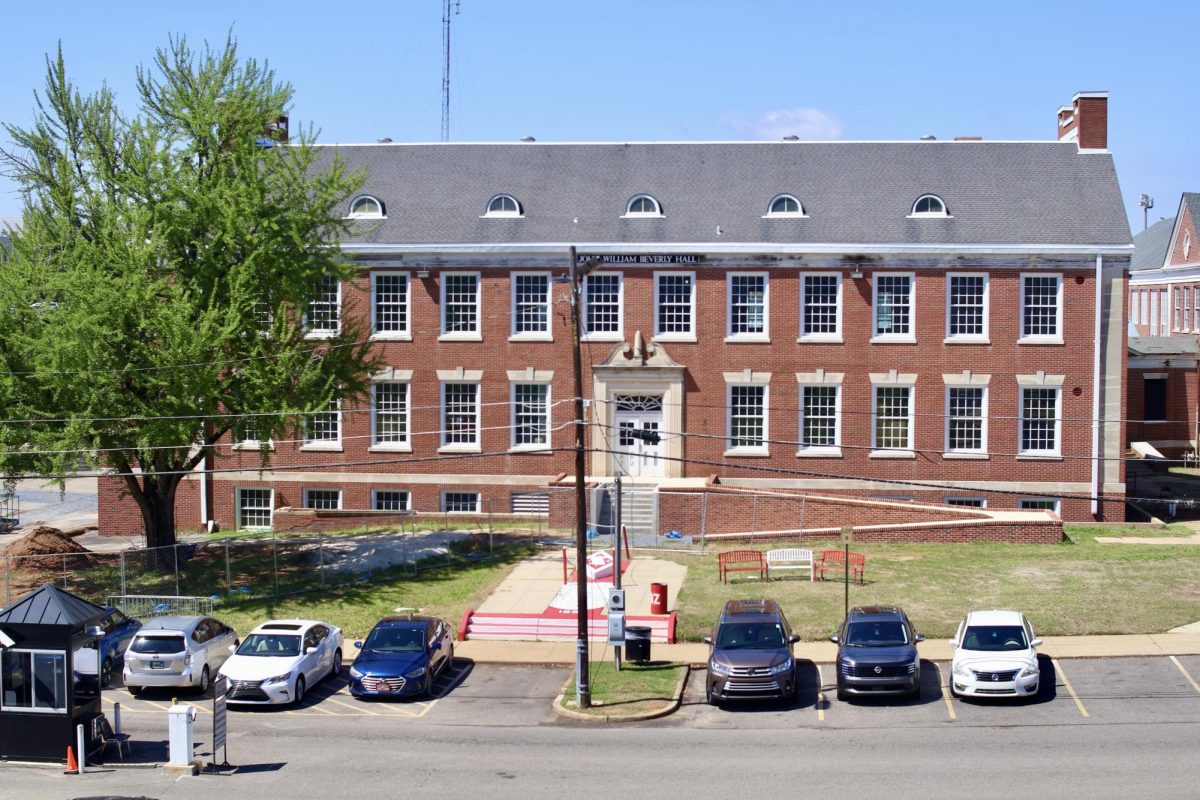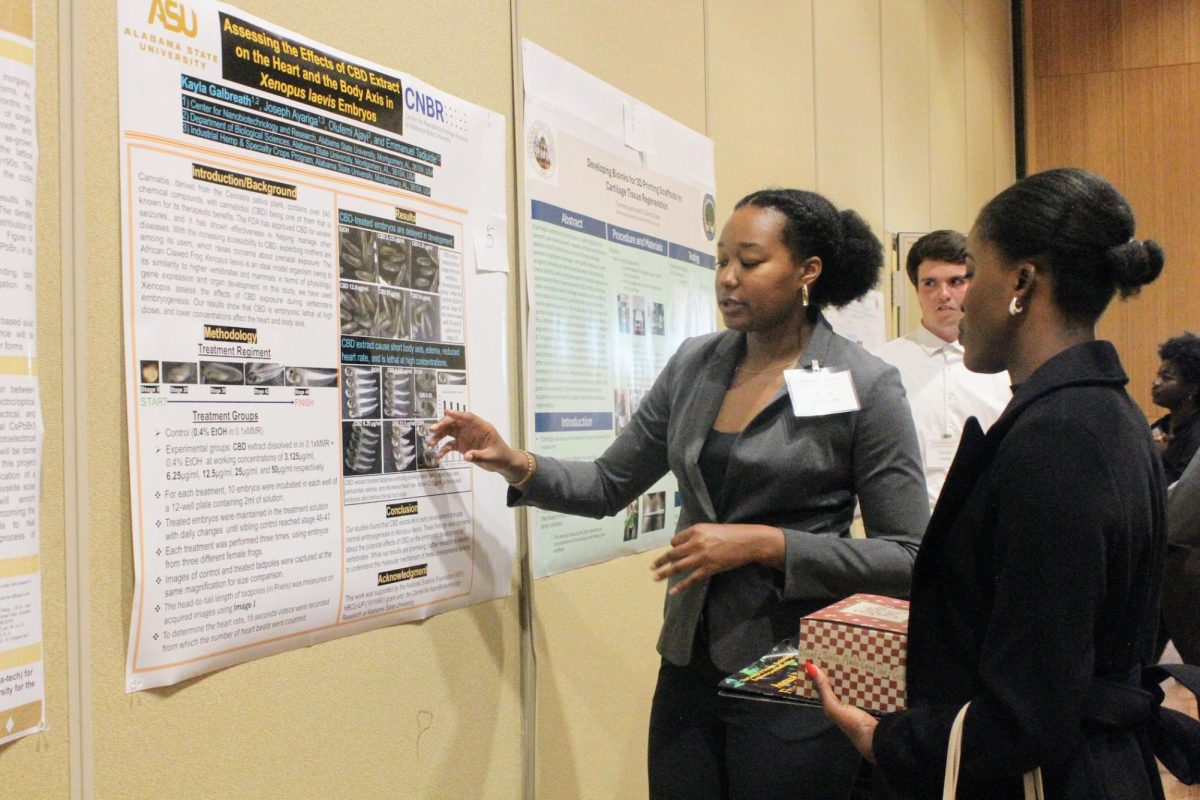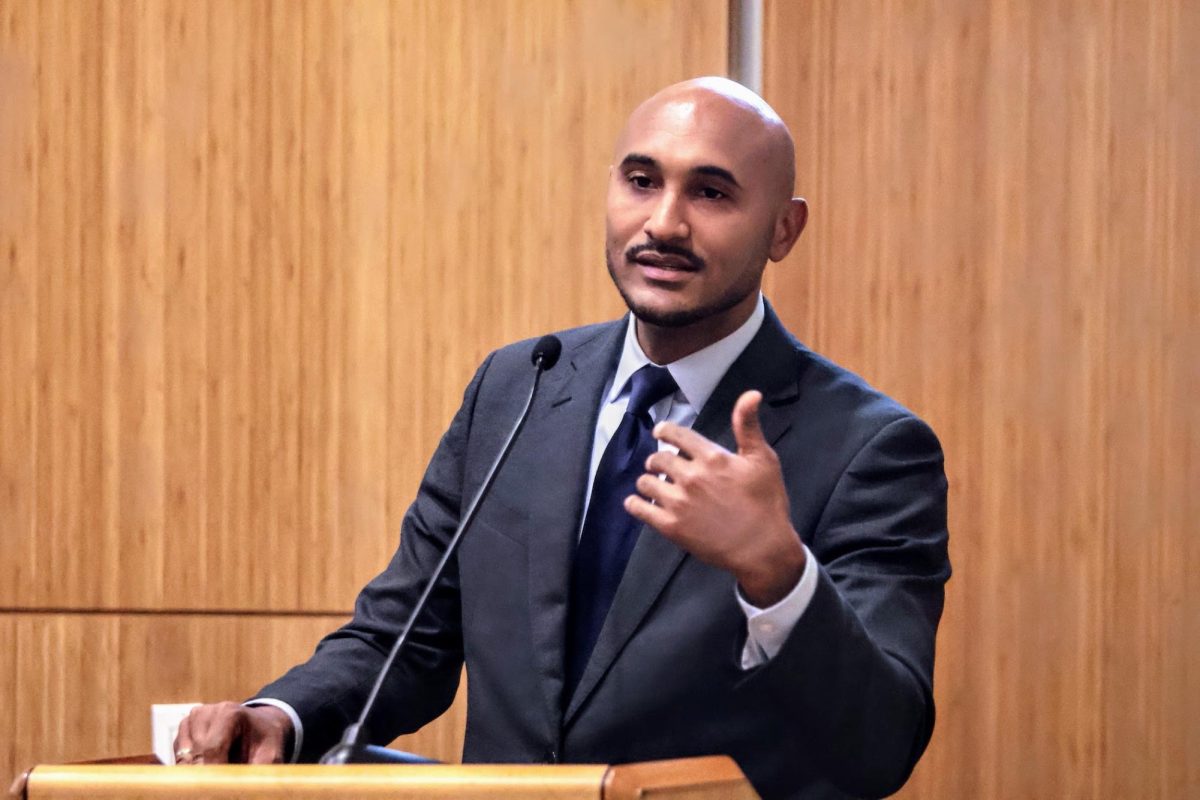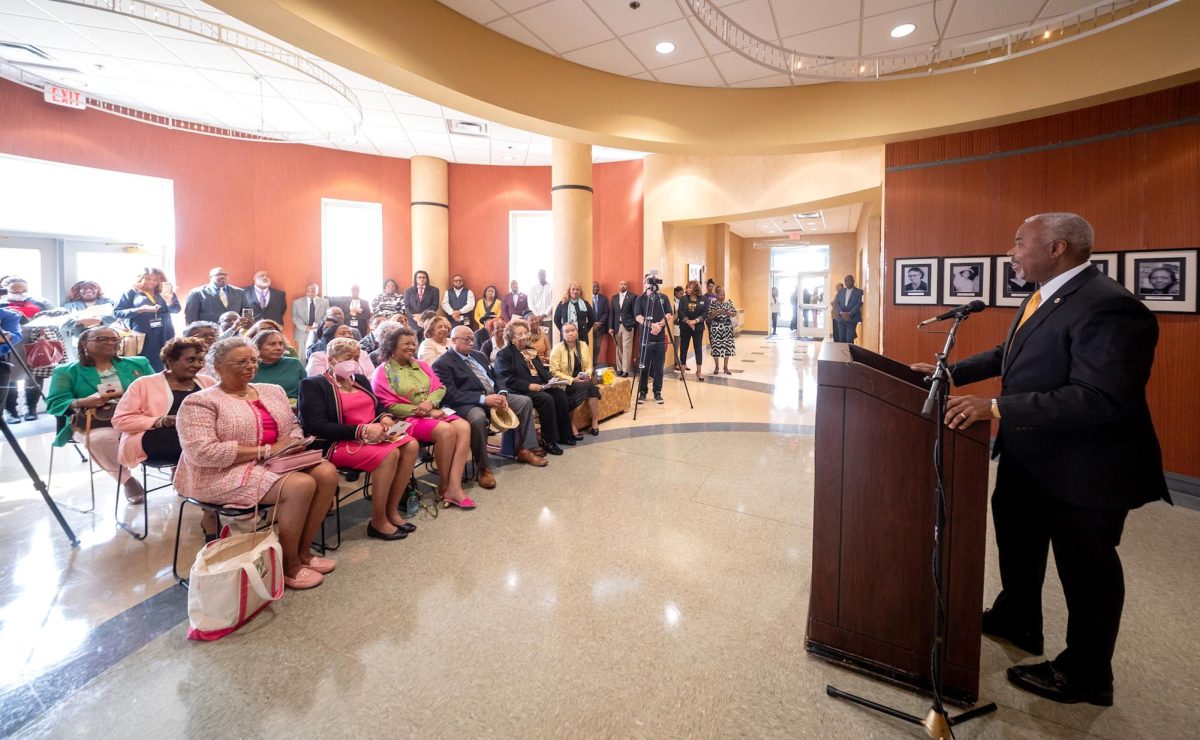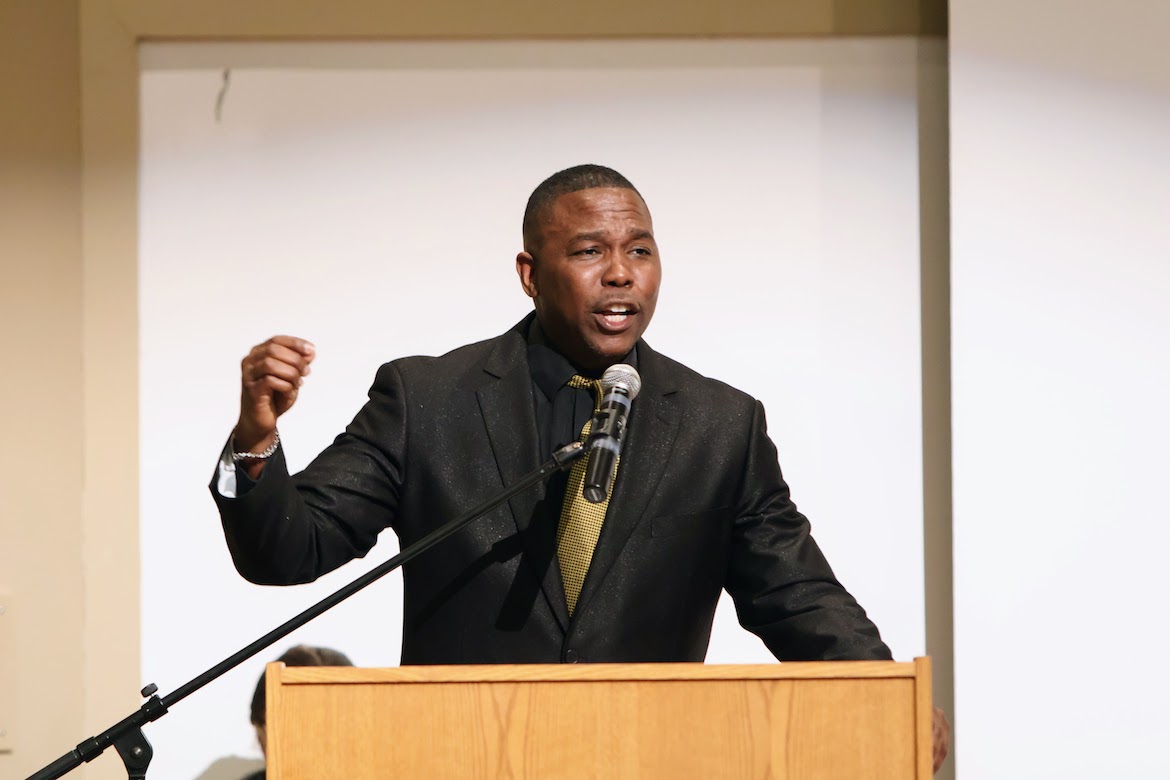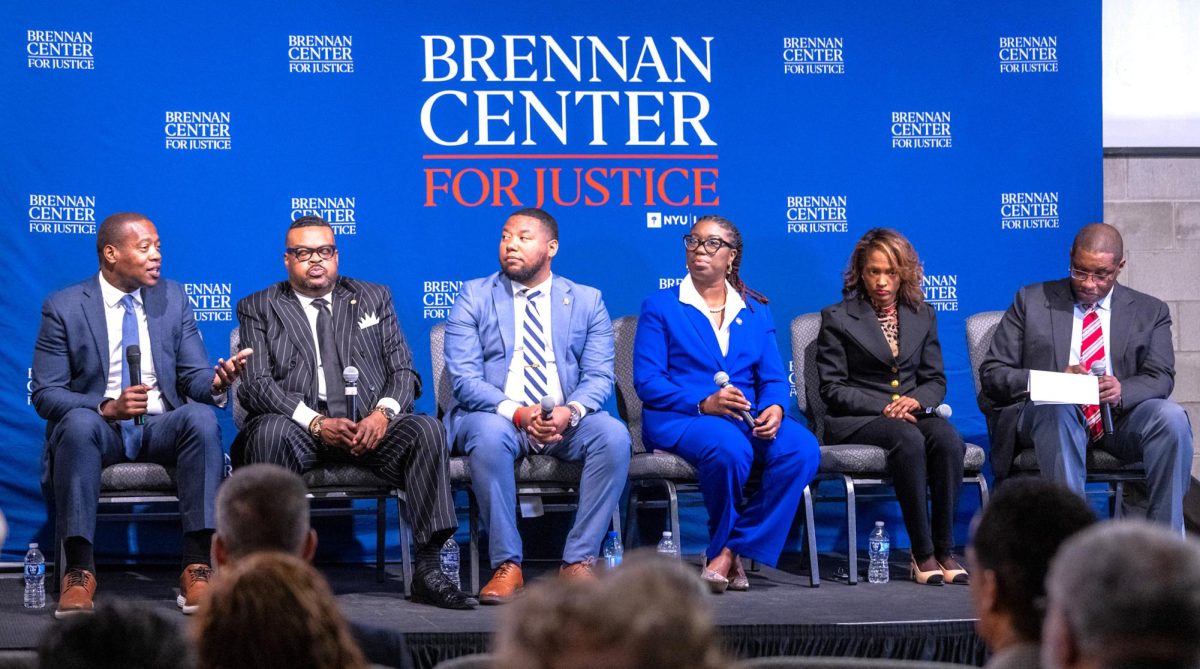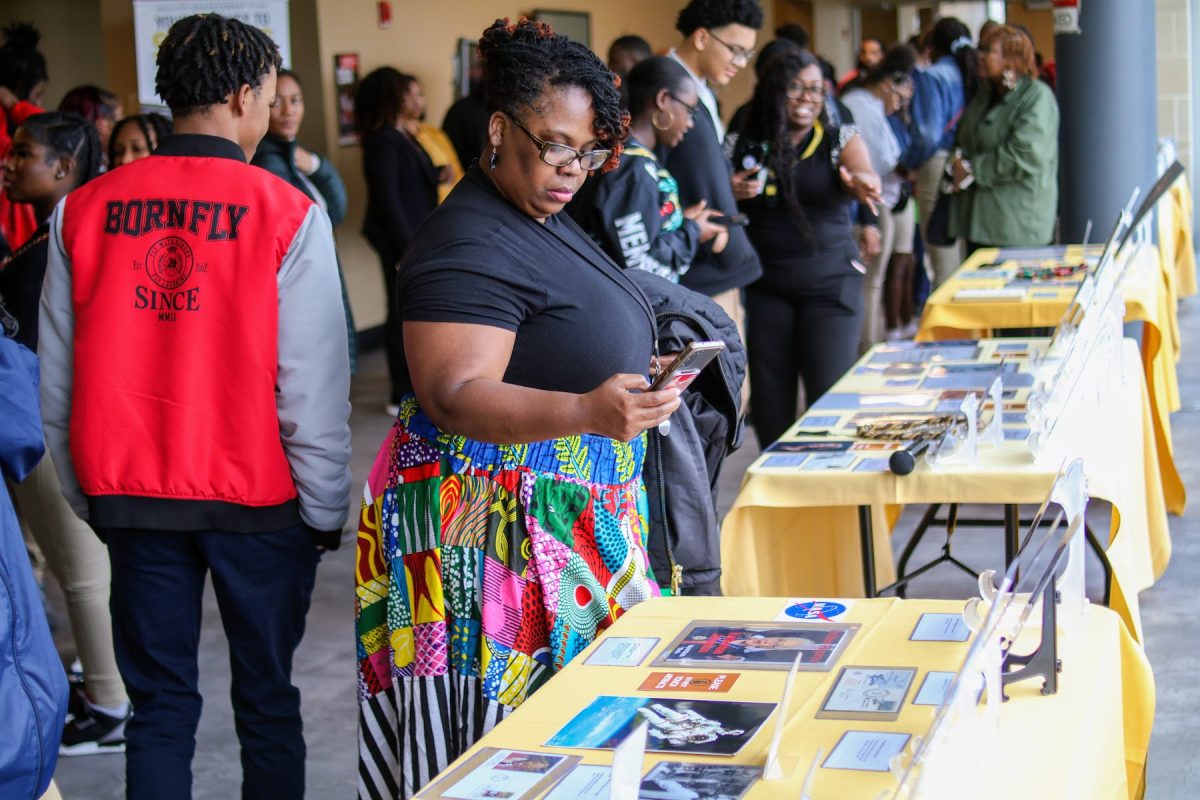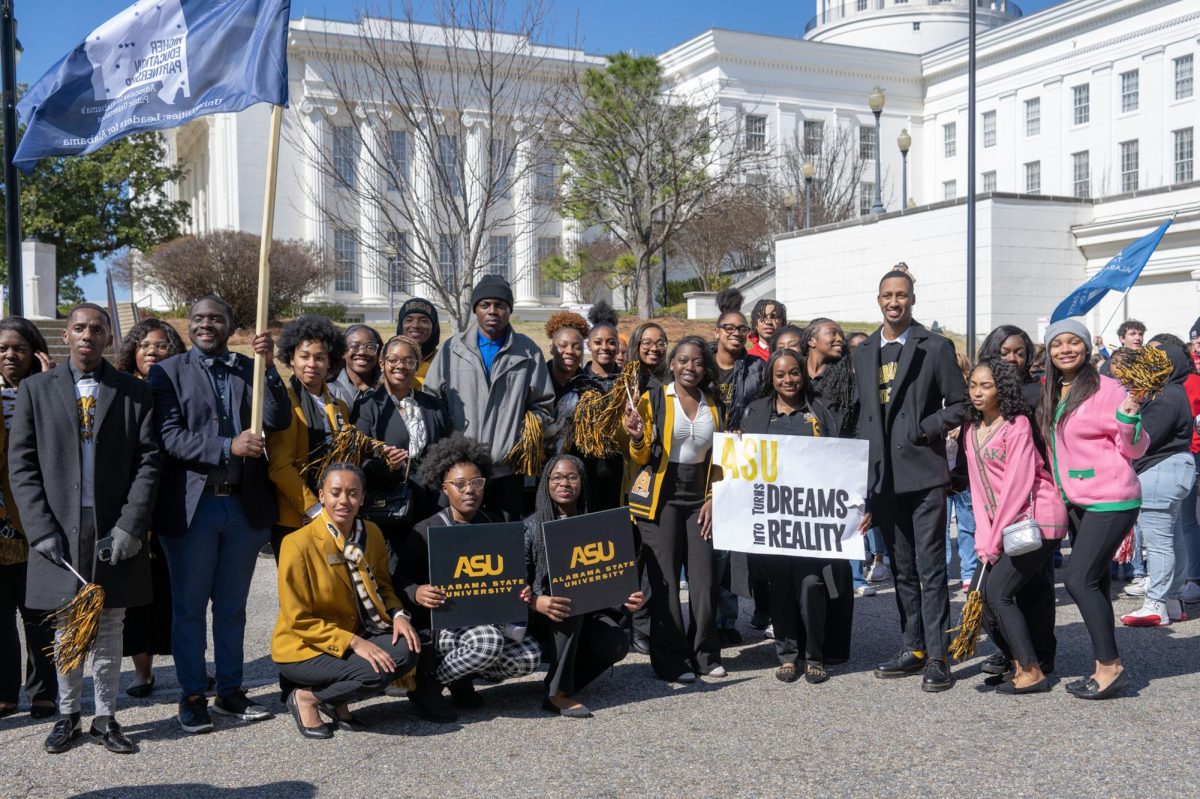Alabama State University has secured a $260,125 grant to lead efforts in HIV prevention and stigma reduction across the South. The funding will position the university’s Office of Health Services as a critical player in the HPTN 096: Building Equity Through Advocacy study and the Culturally Responsive Intersectional Stigma Prevention study. These initiatives target reducing HIV rates among Black men, including cisgender and transgender individuals, who are disproportionately affected by the epidemic.
The university’s Senior Director of Health Services Joyce Loyd-Davis, DNP, will oversee the project, which launches Dec. 1 and runs through Nov. 30, 2027. She said the grant will allow the university to enhance its ongoing efforts to educate students and the community about HIV prevention and treatment options.
“This grant expands on the education we are already providing for our students in a positive way,” Loyd-Davis said. “It gives us the opportunity to inform them about HIV and AIDS and their impact on society while teaching them how to prevent infection. We are also educating them about PrEP, a preventive medication available for individuals at high risk, particularly men who have sex with men, who are affected at a higher rate.”
Loyd-Davis highlighted the alarming statistics that show the South is bearing the brunt of the HIV epidemic, with Black populations disproportionately affected. This reality motivated the university to apply for the grant, she said.
“The numbers in the South are staggering, and they are even more concerning in Black communities,” Loyd-Davis said. “Being a historically Black university in the South, we knew it was essential to take this opportunity to help slow the epidemic and make a difference.”
The university plans to implement targeted strategies to engage students, faculty and the broader community in these prevention efforts. Loyd-Davis said the team will focus on meeting students where they are, including hosting forums in dormitories, the student center and other common areas on campus.
“We want to hold open conversations in spaces where students feel comfortable,” Loyd-Davis said. “It is important to create an environment where they can ask questions and learn about prevention without fear or stigma.”
Students will also play an integral role as peer educators, sharing knowledge within their networks and fostering a culture of informed decision-making.
“The concept is simple; each one teach one,” Loyd-Davis said. “If students can take what they learn and share it with their peers, we can create a ripple effect that has the potential to reach far beyond our campus.”
Faculty and staff will also be engaged in the initiative to ensure the entire university community is aligned in its efforts to reduce stigma and promote prevention.
“It is critical to have everyone on the same page, from students to staff,” Loyd-Davis said. “This is about transforming how we think about HIV, how we prevent it and how we support those affected.”
The grant also facilitates collaborations with other organizations and institutions participating in the program. Loyd-Davis said the university is already working with local healthcare providers and advocacy groups, including Five Horizons Health Services and Dr. Belfondia Pou, MD, to broaden the initiative’s impact.
“There is a cohort of us in the South who are part of this grant, and we are working collaboratively to make a difference,” Loyd-Davis said. “These partnerships are essential for creating a network of support and resources.”
Ultimately, Loyd-Davis hopes the initiative will not only reduce the number of new HIV infections but also foster health equity in underserved communities.
“My ultimate goal is to save lives by decreasing the number of people who contract HIV and AIDS,” she said. “If we can make even a small dent in these numbers, we are moving in the right direction.”


